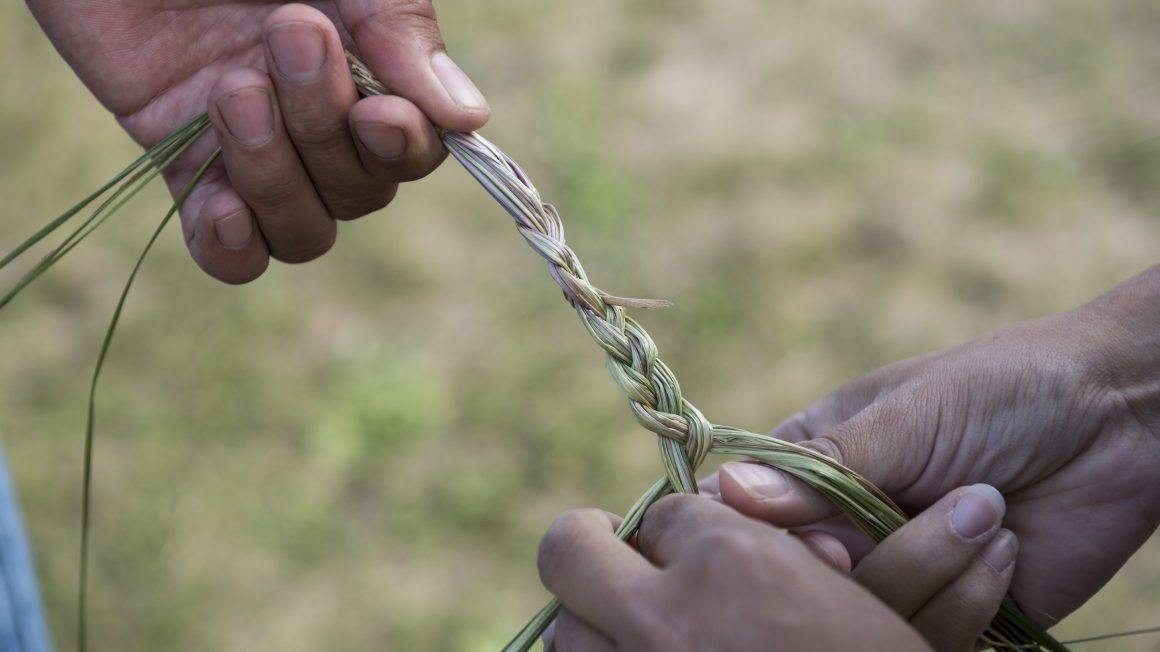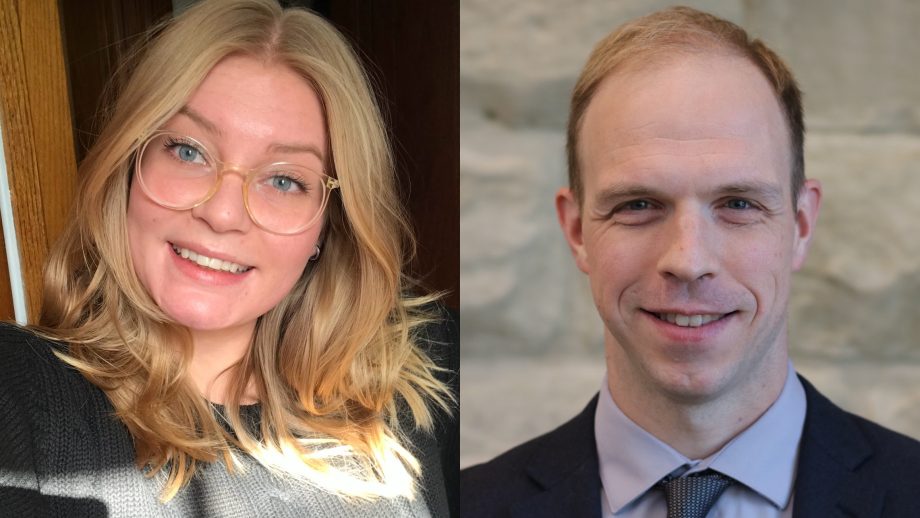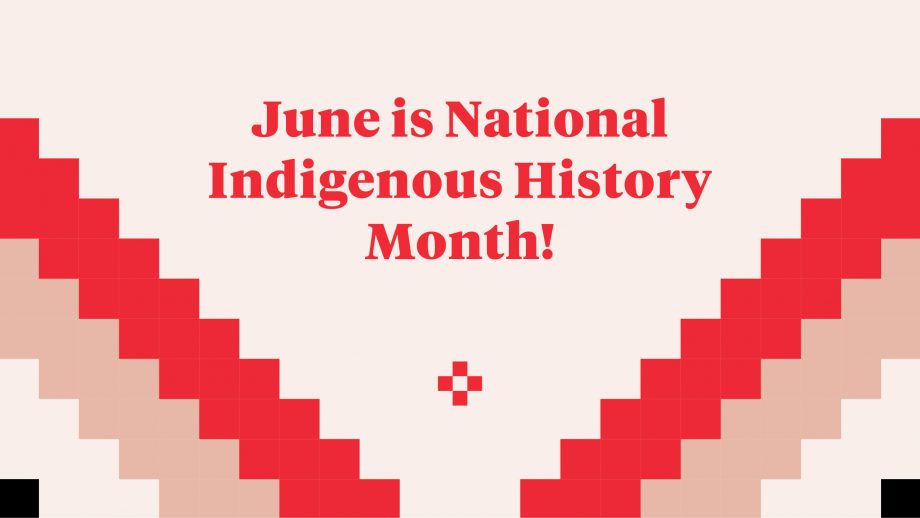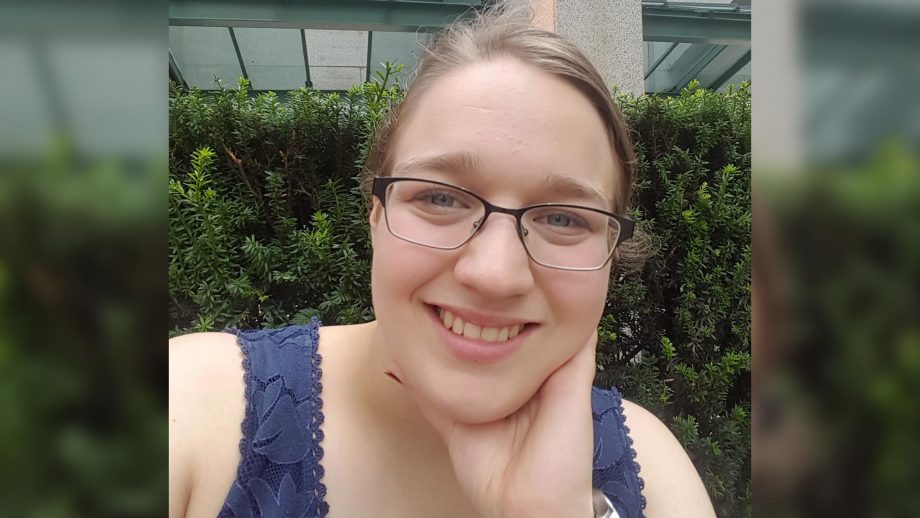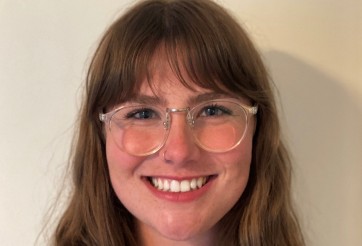University Archivist and Digital Curator Brett Lougheed, and Canada Research Chair in Indigenous People, History, and Archives Mary Jane Logan McCallum are establishing an Indigenous Course Requirement Collection to document and care for the history of The University of Winnipeg’s Indigenous Course Requirement (ICR).
This is an important record of the social and political era of Reconciliation in Canada.
Dr. Mary Jane Logan McCallum
“It is really important to capture the history and development of the ICR because it represents one of our university’s major responses to the Truth And Reconciliation Commission,” said McCallum. “It also has an important place in a longer history of Indigenous education, and post-secondary Indigenization efforts.”
UWinnipeg was one of the first post-secondary institutions in North America to institute a degree requirement to learn about Indigenous people. Several other Canadian universities have since followed suit.
Creating a digital collection
McCallum and Lougheed are concerned that digital records, such as emails and other documents, will quickly disappear if they aren’t intentionally safeguarded. They are thankful to the Research Office for providing funding to launch the project and preserve this history.
A key goal of this project is to ensure the accessibility and discoverability of the ICR records. To this end, a research team will be digitizing analogue records, uploading digital content to the UWinnipeg Archives’ digital collections, and publishing a record of the ICR collection on the UWinnipeg Archives website.
“This is an important record of the social and political era of Reconciliation in Canada, providing insight into contemporary Indigenous student politics, racism, resistance, and Indigenization in post-secondary education,” said McCallum.
Much of the work will be carried out by Indigenous students and researchers whose work will be guided by Indigenous archiving protocols and stewardship agreements.
As the ICR collection grows, McCallum and Lougheed hope to create a digital exhibition, as well as an onsite physical exhibition when pandemic restrictions lift.
“We are honoured to be able to host this collection in the UWinnipeg Archives,” said Lougheed. “It is an important moment in our institutional history, but also in the broader history of Canadian education, the history of Canadian universities, and the history of Indigenous education.”
They are looking to the university community for donations. Once relevant records have been identified, Archives staff will arrange for their transfer, describe the material, employ appropriate preservation strategies, and complete their preparation for accessibility and research.
“We would like to preserve the fullest possible record of this important moment in our institutional history,” said McCallum.
If you have records related to the ICR and its history, contact Senior Research Assistant Felicia Sinclair at sinclair.felicia@gmail.com for further information about making a donation.

